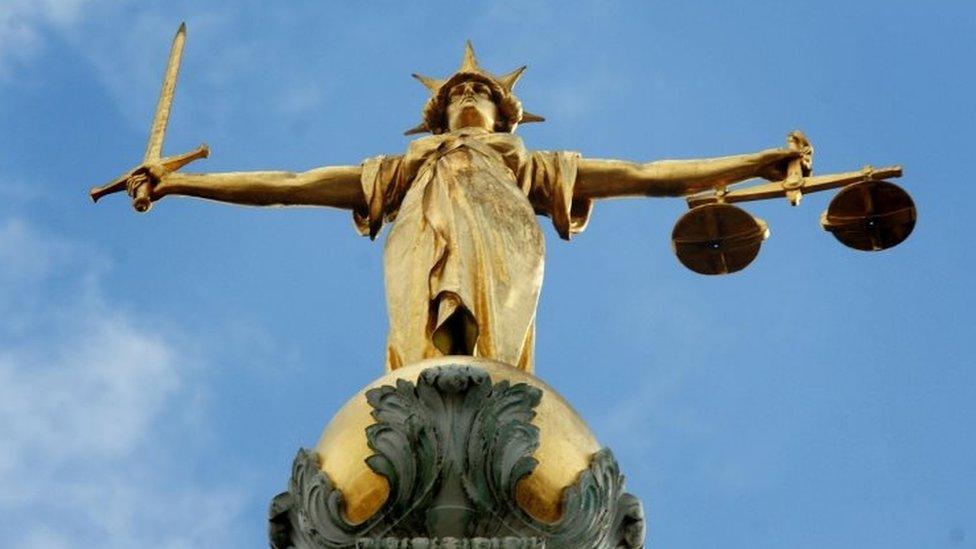Private prosecution success over fraudster
- Published

A former car dealer has been jailed for eight years for a multi-million pound investment fraud - even though the Crown Prosecution Service had refused to charge him, BBC News has learned.
Paul Sultana was convicted after the company he had defrauded brought a private prosecution - criminal proceedings which are not initiated by the state.
It's thought to be the largest fraud in Britain to be successfully prosecuted privately.
The Crown Prosecution Service (CPS) said it would seek to "learn lessons" from the case.
Sultana, 51, was part of a team of fraudsters which persuaded the off-shore engineering company Allseas to give them £88m (100m euros) to invest by promising extremely high rates of return.
Southwark Crown Court was told that Sultana was a "very good confidence trickster" and the investment was a "scam".
On Monday he was found guilty at a re-trial of conspiracy to commit fraud.
The proceedings were brought by Allseas after the CPS decided there was insufficient evidence to prosecute.
The firm carried out its own inquiries and used material provided by the police and information from a civil court case, successfully brought against Sultana.
'Complex case'
Edward Heerema, president of Allseas Group, said: "We felt it was in the public interest for us to pursue the case against Mr Sultana to protect other potential victims by ensuring that he is not free to repeat his crime.
"Today's conviction vindicates our decision to pursue this case, and sends a strong message to fraudsters that there are effective routes for justice to be served."
Alison Levitt QC, from the law firm Mishcon de Reya, which acted for Allseas, said: "This case highlights the important role that private prosecutions can play in bringing a fraudster to justice."
But the case also raises serious questions about decision-making at the CPS amid anecdotal evidence that the number of private prosecutions is rising.
A CPS spokesperson said: "This was a complex and finely-balanced case which resulted in a hung jury when it was first put before the court.
"We will consider the outcome to see whether any lessons can be learned.
"The CPS initially considered the available evidence, including consultation with external counsel, and concluded the evidential test set out in the Code for Crown Prosecutors was not met.
"When asked to take over and stop the private prosecution by the defence, we considered the evidence again and were satisfied the CPS did not need to intervene."
The CPS also pointed out that it had successfully prosecuted two other people for money laundering offences in connection with this case, one of whom was jailed for 14 years.